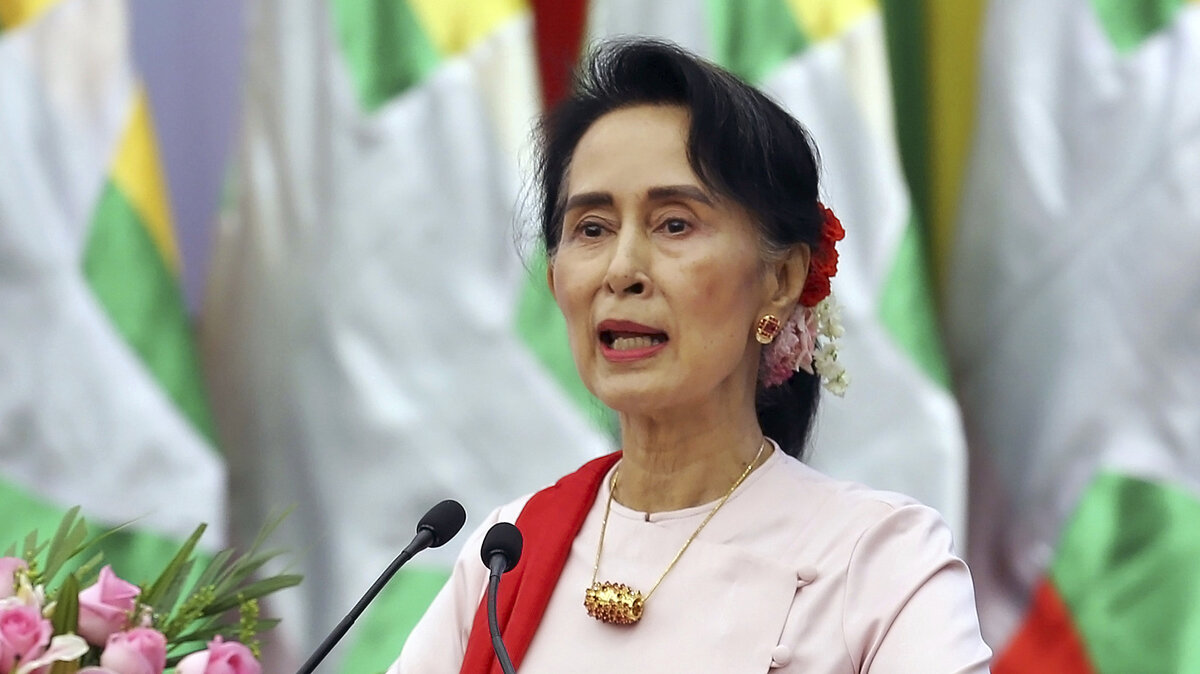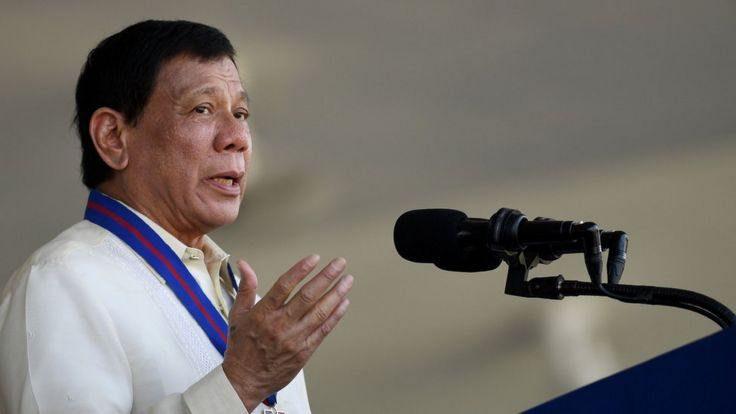By: Brian Kim
Impunity Watch Reporter, Asia
NAYPYIDAW, Myanmar – Aung San Suu Kyi, Myanmar’s de facto leader finally spoke publicly on the Rohingya refugee crisis on Tuesday, September 19th. During her statement, she mentioned that she “feels deeply” for the suffering of “all people” who are impacted by the Rakhine state conflict. She went further and condemned any “human rights violations.”

She commented that the government does not fear “international scrutiny” over the crisis and the intention of the government is not to “apportion blame or to abnegate responsibility.” Aung San Suu Kyi, who does not have control over the military, maintained that the country’s military is not responsible for the attacks against the Rohingyas.
This was Aung San Suu Kyi’s first statement since the violence started last month.
On September 18th, leaders from the UK, US, France, Canada and Australia called upon the Myanmar’s leader to end the violence against the Rohingya.
According to the United Nations, over 370,000 Rohingya – Muslims, who live in Myanmar’s Rakhine State, have resettled to Bangladesh since August 25th. The United Nations high commissioner for human rights stated that the crisis in Myanmar seems to be “a textbook example of ethnic cleansing.”
Myanmar’s presidential office cited numerous reasons and announced that Aung San Suu Kyi will not be attending the United Nations General Assembly meeting in New York City.
The Nobel Peace Prize laureate’s recent speech in the nation’s capitol drew criticisms from the international community. Many have stated that Aung San Suu Kyi did not denounce the crimes against the Rohingya community. Moreover, Amnesty International described her speech as a “mix of untruths and victim blaming.”
Aljazeera – Aung San Suu Kyi condemns ‘all human rights violations’ – 19 September, 2017
CNN – Aung San Suu Kyi breaks silence on Rohingya, sparks storm of criticism – 19 September, 2017



